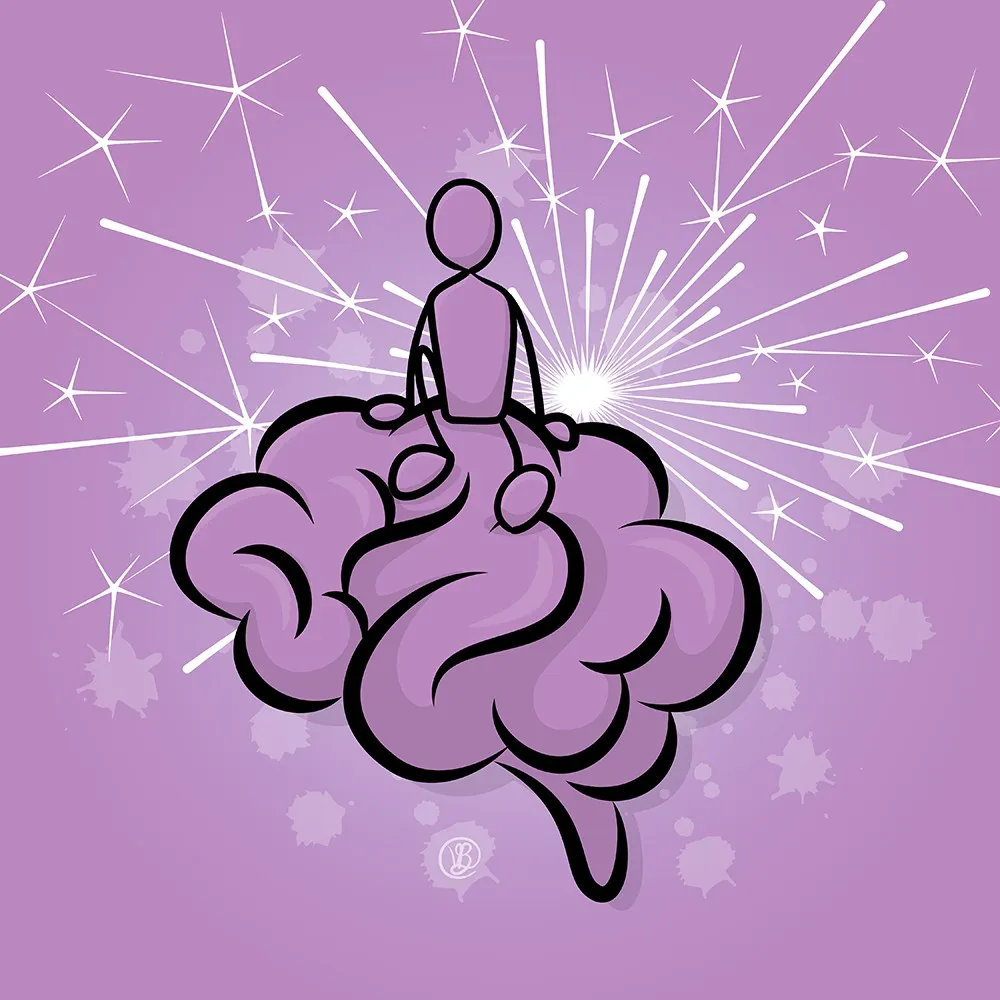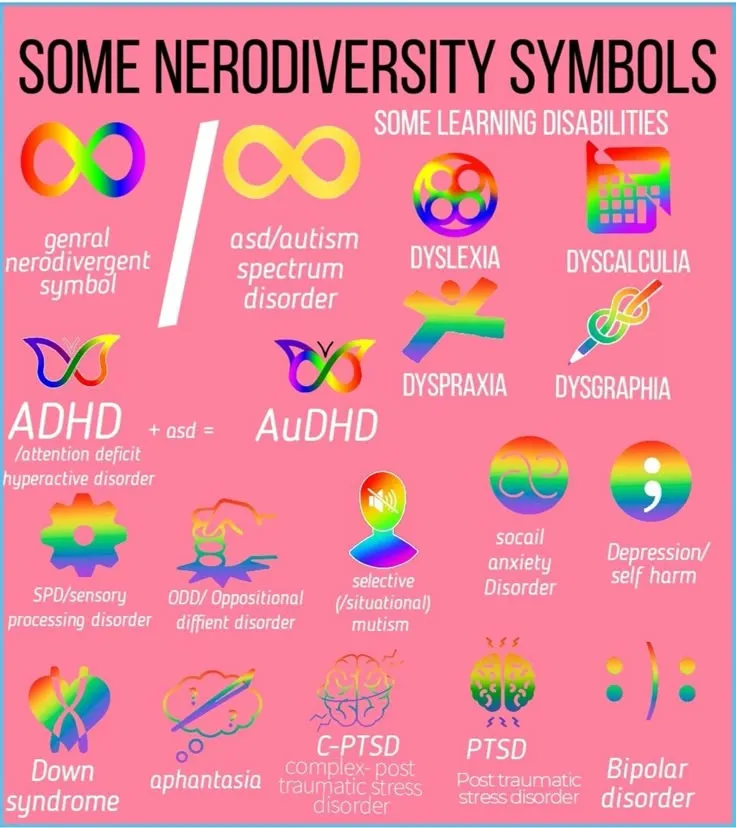This weekend, I went to visit my cousin and her husband. I brought my whole family and we played a lot of the games I have reviewed here. We had an awesome time. During one of the games, Max said "this game doesn't pair well with my flavor of neurospiciness". Although I had never really heard that term before, I was able to pick up what he was putting down pretty quickly. He was using it as a more playful term for being neurodivergent *(See definition below). As soon as he did, a light bulb went off. This explains all of my interactions with Matt over the past nine years. He had never told me he was neurodivergent or that he had ADHD or was on the Autism Spectrum. I am guessing because those terms are just too clinical and formal. It makes it sound like he has a serious disease. Although Autism Spectrum Disorder can be extremely serious, it is a spectrum. So by definition there is going to be varying degrees of one's symptoms. But talking about "symptoms" and "disorders" is not very pleasant or fun. It is not easy to work into a game while everyone is laughing and having fun. But "neurospicy"... that easily fit right in-between the laughs. And it immediately signaled to us what Max needed at that moment. He needed a game that better matched his "Spice rack".

On his rack were things like ADHD, being over stimulated, and an aversion to being touched. So a game where he had to keep track of multiple things and at certain points you all slapped hands as you tried to grab a single card did not mix well with his "spices". Luckily my kids knew the term "neurospicy" so they immediately got that we needed to change games so max could feel comfortable and valued. We quickly switched games and continued the fun. So without Max using that term "neurospiciness" we would have been accidentally making him feel incredibly uncomfortable.
This term also allowed us to have a safe and approachable conversation with him about his "spices". he was able to easily tell us what was tough for him. I honestly think the informality of the word, unlock the ability for us to discuss it much more comfortably. I honestly wish this term existed nine years ago. because he does such a good job of masking, I never really picked up on the fact he was neurodiverse. But now I understand why he would not play certain games over the years. I understand why he would not eat certain things. I understand why he would not speak to certain people. I understand why he didn't like shaking hands. I understand why he would show me his rock collection. I understand why he would gravitate toward me, the special education teacher. I understand.
So using the term "neurospicy" was a huge positive this weekend. It was like a cheat code to quickly understand Max's awesomeness. The word was more approachable, avoided negative stereotypes, and was super relatable. Thinking about his individual traits like "spices" just made it so easy to understand. And now I have a shortcut to ask him what he needs. From now on I can simply say ,"Does this game, food, or conversation pair well with your neurospiciness"? And if it doesn't, we don't do that thing. Simple. It's kind of like if someone has a fear of heights. If they do, you don't ask them to go to the top of a lookout tower with you. Instead you do one of the other 1 million fun things there are to do.

But here's the problem, some people find the term "neurospicy" offensive. I was planning to put up a sign in my classroom that said something like "In this classroom we celebrate neurospiciness". But before I did, I wanted to do a little research and found that some people think it trivializes the struggles of people who are neurodivergent. Others think it is just some cutesy internet fad that is being used to label any type of quirk. Others worry that it is being misinterpreted by people outside of the neurodivergent community.
None of this is a problem with Max. He has already showed that this is the terminology he personally prefers, so I will easily use it with him. But that doesn't mean everyone is comfortable with it. It is very easy to be respectful... call people what they like to be called. But I don't know my students yet. I don't know if students who are neurodivergent will appreciate that I know the lingo and will feel comfortable knowing I get it... or if they will think I am trivializing their situation.
So I ask any of you who are neurodivergent... what are your thoughts on the term "neurospicy"?
*Neurodiverse means that people’s brains can work and think in different ways. Some people might learn, think, or act differently, and that’s okay. Neurodiverse people may also experience the world in their own unique way. For example, they might be more sensitive to things like loud sounds, bright lights, or how clothes feel on their skin. Some sounds that seem normal to others might feel too loud or annoying to them. They might also have strong likes or dislikes for certain foods because of how they taste or feel. Being neurodiverse includes things like autism, ADHD, and learning differences. It just means their brain works in its own special way.